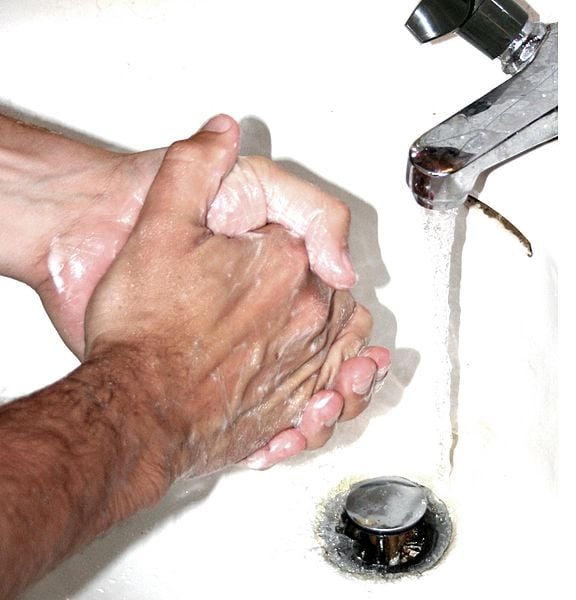
Richard Beck of Experimental Theology had an interesting post up recently about purity and anxiety in progressive Christian circles. I’ve excerpted it below:
[T]his “will to purity” doesn’t just manifest in protecting sacred beliefs, it manifests in behavior as well. Both evangelical and progressive Christians doggedly pursue a vision ofmoral purity.
For evangelical Christians moral purity will fixate on hedonism (e.g., sex, drug use).
For progressive Christians moral purity will fixate on complicity in injustice. To be increasingly “pure” in progressive Christian circles is to become less and less complicit in injustice. Thus there is an impulse toward a more and more radical lifestyle where, eventually, you find yourself feeling that “everything is problematic.” You can’t do anything without contaminating yourself.
To be clear, I’m not judging any of this. I’m simply trying to trace out the contours of the purity culture at work among progressive Christians. Mainly because I think many progressive Christians have become burnt out by this psychology.
His writings reminded me of the scrupulosity-tinged anxiety of some Effective Altruists, so I passed my posts along, and he’s added some of his own thoughts on how to strive to live up to a challenging moral standard without hating yourself or sniping too much at others.
In a quasi-related vein, Ozy has a post on creepiness that seemed to productively address a certain kind of scrupulosity (i.e. how can I talk to women at all if many approaches are problematic and no one will give me clear rules). Ozy acknowledges that people who set off other people’s eeep! sensors might be making a social mistake (or be the victim of social prejudices) and that that fact alone doesn’t make you a bad person.
It might also be good to attack it from the other angle: instead of making people’s intuitions more accurate, make people feel less bad about being a false positive. For a lot of people, coming off as creepy feels like they’ve done something morally wrong. But, as long as you don’t actually have ill intent, coming off as creepy isn’t morally wrong. In many cases, it is a product of another person’s subconscious racism, ableism, or other -isms; in some cases, it is a personal issue; in some cases, you accidentally did things that made other people feel uncomfortable, and while it is bad to deliberately do things that make other people uncomfortable, it can’t be wrong to make mistakes. People who find you creepy probably don’t want to interact with you, but the fact that they found you creepy doesn’t mean you’re a bad person.
I like Ozy’s post because it doesn’t minimize that, when you make mistakes, other people may really be harmed, regardless of your intent. Coming off as creepy can make someone nervous or prompt them to leave an event early, etc, but that the fact of the harm doesn’t reduce the person who caused it to simply harmful.
Acknowledging that we all don’t live perfectly — we put other people off/misread their cues, are complicit in structural oppresssion, give in to anger, etc, can make it easier to figure out what to do for the people who are erring (including ourselves) when we internalize that making mistakes is the cost of asking ourselves to be more than what we are today.












